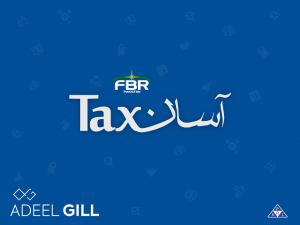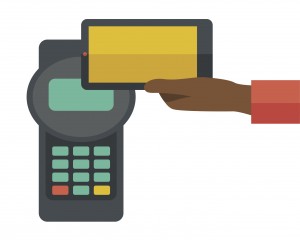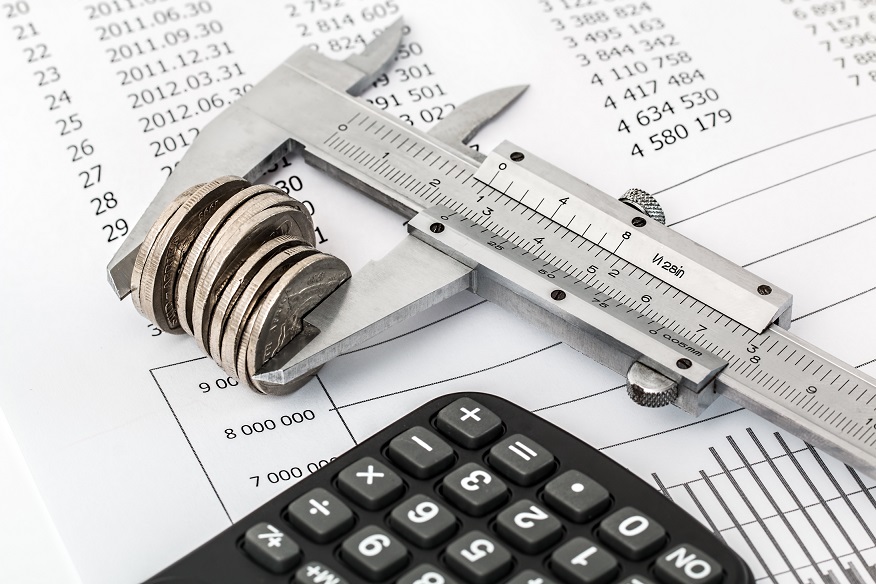Recent Facilitative Measures for Taxpayers
Facilitation of taxpayers is largely measured in terms of ease of filing and paying taxes. Time to comply, number of tax payments, total tax and contribution rates and post-filing index are the indicators used to assess ease of filing and paying taxes in a tax jurisdiction. The number of payments indicator includes the total number of tax payments made, the method of payment and frequency of tax payments in a given tax year. In order to reduce time to comply and number of tax payments, the Federal Board of Revenue (FBR) has adopted a series of measures, which is also aimed at facilitating taxpayers. In this article, the author presents a brief overview of some of these measures.
Maloomat TaxRay Application
On 11 November 2020, the FBR published a press release on its website concerning launching of TaxRayApp for the purpose of facilitating taxpayers as well as the general public. This application provides information to taxpayers and general public about their assets and withholding tax deductions. The taxpayers could use such information in filing their annual tax returns correctly.
Recently, the FBR has signed an agreement with National Database and Registration Authority (NADRA) for real-time verification of Computerized National Identity Cards (CNICs) and associated details of CNIC-holders. The FBR stated in its press release, dated 11 November 2020, that linking NADRA and FBR systems will help to improve its service-delivery standards for taxpayers; to automate tax refunds, prefill data in withholding statements and tax returns; to promote ease of doing business by saving time spent in regulatory compliance; to identify persons who are outside the tax net; to identify persons who conceal their income and assets; and to facilitate onward linking of its system with other organizations.
Extension in Income Tax Returns/ Statements of Final Taxation for the Tax Year 2020
On 30 September 2020, the FBR allowed the taxpayers registered as individuals, association of persons (AOPs) and companies with special tax year who failed to file their income tax returns under section 114 /statements of final taxation (statements) under section 115(4) of the Income Tax Ordinance, 2001, for the tax year 2020, which were due on 30 September 2020, to file their returns /statements by 8 December 2020. Extension in the deadline for filing returns/statements was announced through Circular No. 04 of 2020/IR Operations (Income Tax) of 30 September 2020, which further provides that no further extension for filing returns/statements will be allowed. 
Simple Tax Return Forms
With an aim to facilitating traders in filing tax returns, the FBR has launched single-page tax return, for tax year 2020, for traders having a turnover of below Rs.10 million. In the simple return form, the traders are required to declare limited information concerning their trade activities. Additionally, simple wealth statement form was also launched for such traders. Furthermore, the FBR launched tax return forms in regional languages in a bid to improve tax compliance.
Procedure for Overruling Objections Raised by the Electronic System
On 4 August 2020, the FBR published procedure for overruling objections raised by the electronic system (Sales Tax Automated Refund Repository) under Circular No. 01 of 2020/IR-Operations (Circular) to bring uniformity into the system, to avoid discretion and delays in the processing of refunds and to facilitate taxpayers in obtaining their stuck-up refunds. Under the procedure, an officer not below the rank of Additional Commissioner (Inland Revenue) shall overrule the objections raised by the electronic system after completion of all legal formalities and scrutiny of record of objections. The Circular provides details of objections usually pointed out by the electronic system that the tax officer may overrule.
The Circular further provides that the refund claimant requires furnishing soft copies of all the scanned documents which are under dispute requiring overruling. Moreover, if the claimants are not satisfied with the outcome of automated processing of refunds including calculation of refund or carry-forward amounts or amounts deferred, the claimant may apply to the FBR through concerned Chief Commissioner for processing of the refund claim or revision of Annexure–H. After scrutiny of the written request of the claimant, the Chief (Projects & Refunds) may allow reprocessing of the claim or revision of Annexure-H for necessary corrections. The procedure for overruling has become applicable with effect from 1 August 2020.
Withholding Tax Rates Card
The FBR has published withholding tax rates card after incorporating amendments made to the Income Tax Ordinance, 2001, (ITO) through the Finance Act, 2020. The withholding tax rates card, updated up to 30 June 2020, summarizes the relevant withholding tax legislation under the ITO; the applicable withholding tax rates; the persons who are liable to withhold tax at source; the persons to whom withholding tax is charged; the time at which the withholding tax is imposed; the deadline for remitting the withholding tax; and an indication as to whether the withholding tax is a final or adjustable tax. However, where discrepancies exist between the withholding tax rates card and the Income Tax Ordinance 2001, the latter will prevail.
Payments of Taxes through Alternate Delivery Channels
The FBR introduced several alternate delivery channels for payment of taxes in March 2018. Thus, the taxpayers have the facility to make payment of customs duty, income tax, sales tax and federal excise duty through alternate delivery channels such as internet banking, ATMs, mobile banking, and over the counter from all the branches of the scheduled banks. The payments of sales tax and corporate income tax are made online and tax returns are also filed online.
Expeditious Centralized Refund System
Effective from 12 November 2020, the FBR has abolished manual issuance of income tax refunds. Accordingly, the FBR has instructed its field formations that income tax refunds will be processed at central level through the State Bank of Pakistan (SBP), and not manually. Consequently, the FBR has advised the Chief Commissioners (Inland Revenue) to keep all refund voucher books in safe custody.
However, the field formations will require sending refund lists on prescribed format as and when required by the FBR. The concerned Commissioners (Inland Revenue) will have to ensure legality and propriety of refund orders passed under section 170(4) of the ITO. Moreover, the field formations being custodians of jurisdiction and physical record of taxpayers will be responsible for validity and correctness of refund orders.
The FBR abolished manual system of issuance of income tax refunds through letter No. 4(10) Rev Bud/2020 of 12 November 2020.
The FBR has already established centralized system for expeditious and transparent issuance of sales tax refunds to exporters and other sales tax registered persons.
The author is serving as Additional Commissioner Inland Revenue at Federal Board of Revenue, Pakistan, and can be contacted at bila.hassan@fbr.gov.pk
 Jahangir's World Times First Comprehensive Magazine for students/teachers of competitive exams and general readers as well.
Jahangir's World Times First Comprehensive Magazine for students/teachers of competitive exams and general readers as well.




